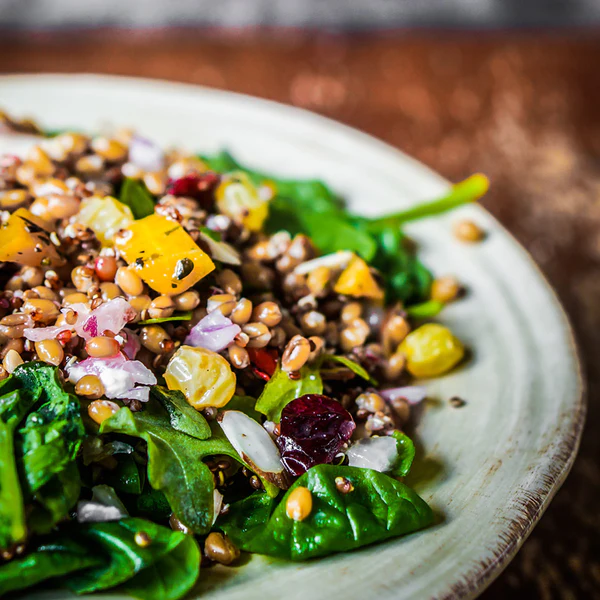– Are you looking to boost your immune system naturally?
Sleep: Lack of sleep has been shown to decrease immune cells, so ensure you are getting plenty of rest. Aim for seven to eight hours each night, and try to keep consistent times for going to bed and getting up to support energy and hormonal health.
– Staying connected to loved ones and your support network (even virtually) is incredibly important during times of isolation and increased stress as it’s shown to boost mood, support brain function and boost overall health. Having to isolate at home doesn’t need to stop you from spending time chatting to friends and family, or putting off important health care appointments.
– Water: Staying well hydrated helps your body flush toxins and deliver nutrients to vital organs to support overall wellbeing.
– Diet: Generally, it’s best to eat mostly plant based, incorporating a wide variety of fruits and vegetables in the full spectrum of colours which will be jam packed with antioxidants, vitamins and minerals. Eating whole grains (buckwheat, oats, brown rice, rye, amaranth, quinoa, barley), lean meats, good quality seafood (oysters, salmon), nuts and seeds, as well as a variety of beans and legumes will ensure you are loading up on much needed fibre, zinc, Vitamins A, B, C and E which all support immune health. While supply in some stores may be impacted at the moment, try shopping at green grocers, markets or even vegetable home delivery services instead.
– Some foods are particularly good at warding off pathogens. Try adding extra garlic, oregano, thyme, clove and manuka honey into your diet too.
– Vitamin D is not only important for your immune system, it also helps hormones, moods and every levels. Almost a quarter of Australian adults have a Vitamin D deficiency. The easiest natural ways to boost yours are through safe sun exposure, and eating mushrooms, eggs, and fish (salmon, tuna, sardines).
– Stress Management: Stress increases inflammation in the body leading to depletion of the immune system. Tactics to reduce stress will differ for everyone but making time for fun, and relaxation out in nature are a good place to start. Infrared saunas, float tanks, taking a class (even online) or spending time on your hobbies are also wonderful when stress levels have crept up.
– Reduce alcohol, smoking and refined sugars which burden the liver, reducing immune power.
– Exercise: moderate intensity exercise 45 minutes 4 times a week is beneficial for physical wellbeing as well as emotional and mental health helping to boost your immune system’s resistance.
– Good hygiene – While sanitisers are convenient, washing hands with soap and water is still the most effective way to reduce the spread of a wider variety pathogens, or if that’s a bit overdone in the standard advice
– Home Hygiene – If you’re isolating or just spending an increased amount of time at home, ensure you are regularly opening windows for fresh air and letting in lots of natural sunlight. Ensuring carpets, curtains, bedding and soft furnishings are regularly cleaned is also effective in reducing common allergens in the home which may lead to respiratory symptoms.
Our Morkare practitioners are here to support you and your health through these challenging times whether it’s preventative health care or in times of ill health. Individualised treatment allows us to assess your specific risk factors, and work with you to create a well rounded plan to support your wellbeing, whether face-to-face or through our telehealth options



